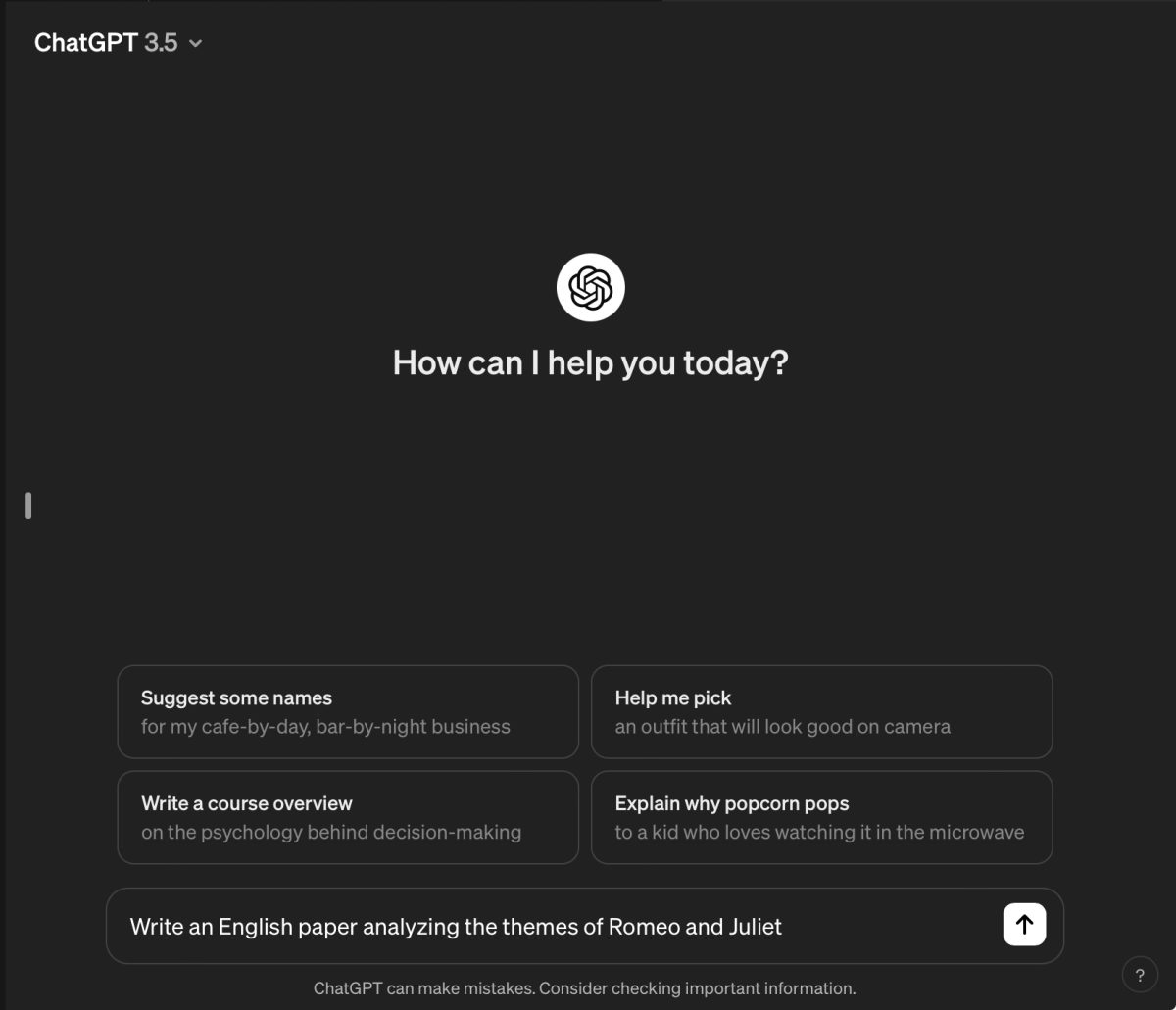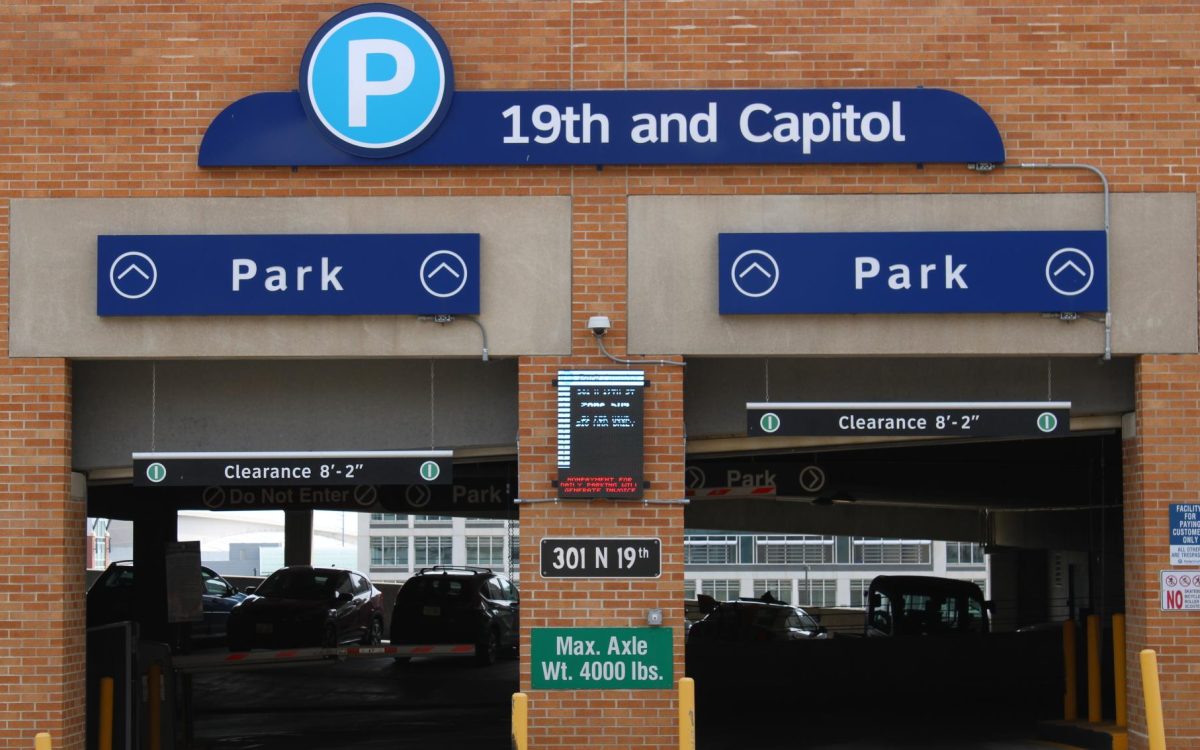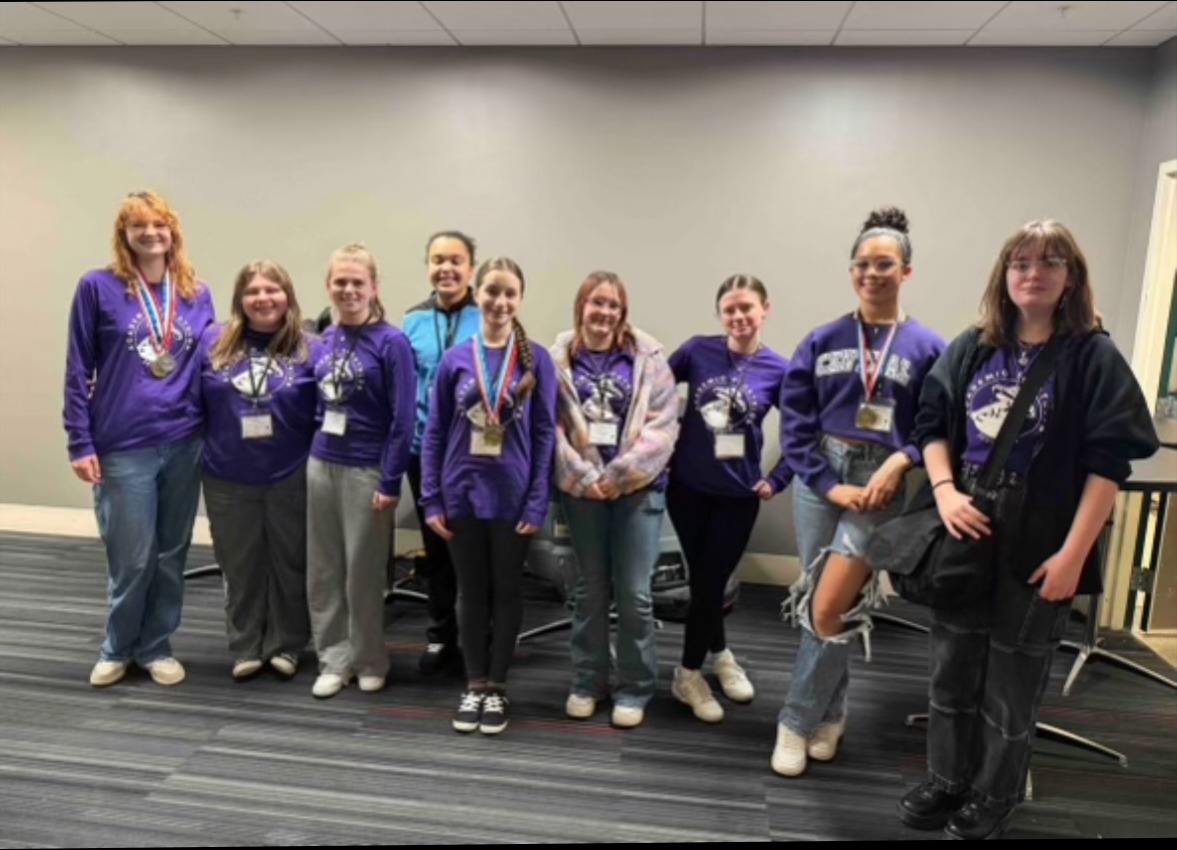“Land of the free”
November 10, 2017
On September 5, 2017 Donald Trump called for the termination of the Deferred Action for Children Arrivals (DACA) program over the six months following. The DACA program provides protection for young adults (usually ages 18-late 20’s) who were brought into the United States illegally as children (under 16). The program was introduced by the Obama administration in 2012. Those who are enrolled in DACA are given a social security number, so they can obtain a driver’s license and a work permit in the United States. In September of 2017 there were approximately 800,000 people enrolled in the program who now might be deported back to their country of origin (cnn.com). The DACA program technically hasn’t been rescinded yet; the future of the program and those who are protected by it is currently up to the United States Congress. The termination of DACA will ultimately cost the US economy $433 billion in the next decade, not including the $60 billion is would cost to deport all the undocumented immigrants who are or were protected by the program (neappleseed.org).
Although this recent change affects people all over the country, there are many people here in Nebraska who are fearful for the future of their families as well as their own. According to Nebraska Appleseed there are over 3,000 DACA youth in Nebraska who now have had all their privileges revoked once their permit expires and might face deportation within the next year or so.
Here at Central there are students who are DACA recipients or who have family members who are. One student says that “DACA has given my family members the opportunity to work legally. Before they had to make up social security numbers in order to get jobs. Now they can find better jobs and provide for their children”. The student stated that their siblings do not know Mexico at all because they’ve lived in the United States their whole life. “They would have to start all over again. The only people who are safe are me, my little brother and my dad. The rest of my family would be taken away from me and that’s really scary. Sometimes I feel like I’m overexaggerating but this is real and this is happening to my family and to many other people as well”.
“Basically my whole family is protected by DACA, but I was born [in the United States] so I am not. Most of them have been a part of the program since it began”. This student’s brother was able to get a degree in computer engineering from Bellevue University and start working afterwards thanks to the DACA program. He now works for Mutual of Omaha and is married to a natural-born US citizen. Act 319 of the Immigration and Nationality Act of 1952 states that “Any person whose spouse is a citizen of the United States” can become a legal citizen, however the process is not as easy as some may think (uscis.gov). A green card must be obtained at least three years in advance before the application process begins. “[My brother] and everybody else who gets citizenship through marriage will have to leave the United States for a certain amount of time and sometimes it’s not guaranteed that they will come back. My brother was with his wife for fourteen years before they got married because they were both too scared that he would be forced to leave and not be able to ever come back”.
Another student says to be eligible for the DACA program “you have to have graduated high school, live in the US 12 years before applying, and have a squeaky-clean record. The process is long and expensive and most of it is a waiting game”. They mentioned that the duration of the process might take longer for some people than it does for others, but the reason for how or why isn’t very clear. “It depends on your lawyer who does it for you, but I know that it took almost a year for my sister to get her work permit but it took my brother a little over a month” said the student.
Although the DACA program hasn’t officially been terminated yet, the possibility is extremely high that Congress will vote to rescind it. Supporters and recipients of DACA are pushing Congress to pass the DREAM Act of 2017. This act was introduced July 20, 2017 by senators from South Carolina, Illinois, Arizona and New York. The National Immigration Law Center states that DREAM Act is “is a bipartisan bill that would provide a direct road to U.S. citizenship for people who are either undocumented, have DACA or temporary protected status (TPS), and who graduate from U.S. high schools and attend college, enter the workforce, or enlist in a military program” (nilc.org). There haven’t been any new developments in the termination of the DACA program since it was announced in early September.




















